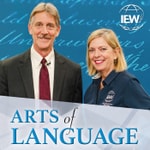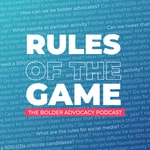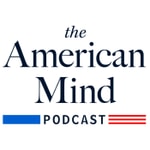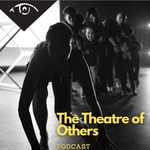We the People – Détails, épisodes et analyse
Détails du podcast
Informations techniques et générales issues du flux RSS du podcast.
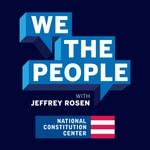
We the People
National Constitution Center
Fréquence : 1 épisode/7j. Total Éps: 579

Classements récents
Dernières positions dans les classements Apple Podcasts et Spotify.
Apple Podcasts
🇺🇸 États-Unis - newsCommentary
31/07/2025#74🇺🇸 États-Unis - newsCommentary
30/07/2025#60🇺🇸 États-Unis - newsCommentary
29/07/2025#54🇺🇸 États-Unis - newsCommentary
28/07/2025#60🇺🇸 États-Unis - newsCommentary
27/07/2025#70🇺🇸 États-Unis - newsCommentary
26/07/2025#69🇺🇸 États-Unis - newsCommentary
25/07/2025#62🇺🇸 États-Unis - newsCommentary
24/07/2025#59🇺🇸 États-Unis - newsCommentary
23/07/2025#58🇺🇸 États-Unis - newsCommentary
22/07/2025#60
Spotify
Aucun classement récent disponible
Liens partagés entre épisodes et podcasts
Liens présents dans les descriptions d'épisodes et autres podcasts les utilisant également.
See allQualité et score du flux RSS
Évaluation technique de la qualité et de la structure du flux RSS.
See allScore global : 59%
Historique des publications
Répartition mensuelle des publications d'épisodes au fil des années.
The Scientist Turned Spy: André Michaux, Thomas Jefferson, and the Conspiracy of 1793
jeudi 5 septembre 2024 • Durée 48:46
Can the Attorney General Appoint a Special Counsel?
jeudi 29 août 2024 • Durée 55:17
Recapping the Supreme Court’s 2023-24 Term
samedi 29 juin 2024 • Durée 56:29
Redistricting in Alabama and the Voting Rights Act — Part 2
jeudi 13 octobre 2022 • Durée 53:26
Justice Stephen Breyer on the Importance of Civics Education
jeudi 6 octobre 2022 • Durée 55:33
Supreme Court 2022-23 Term Preview
jeudi 29 septembre 2022 • Durée 01:03:56
The NCC’s Constitutional Convention Reports: The Proposed Amendments
jeudi 22 septembre 2022 • Durée 01:04:21
Originalism: A Matter of Interpretation
vendredi 16 septembre 2022 • Durée 01:01:35
The Intellectual Inspirations Behind the Constitution
jeudi 8 septembre 2022 • Durée 01:15:55
The Legality of the Biden Administration’s Student Loan Forgiveness Plan
jeudi 1 septembre 2022 • Durée 01:03:59
